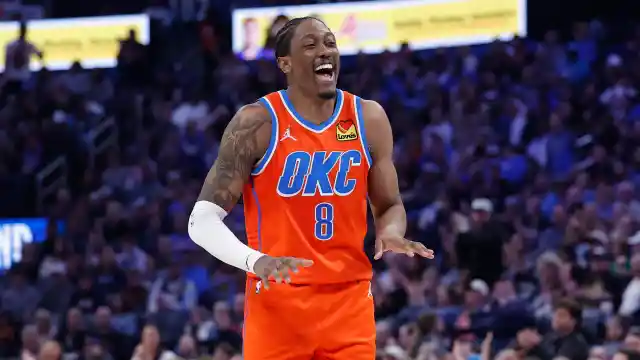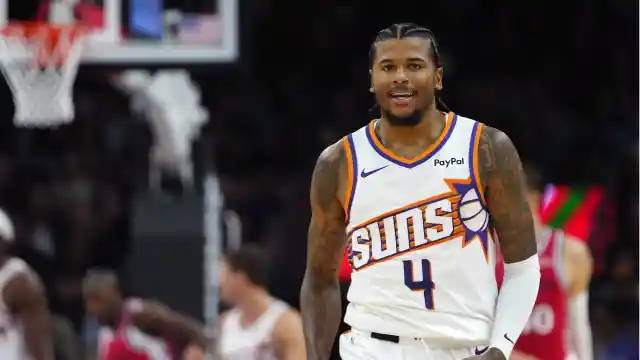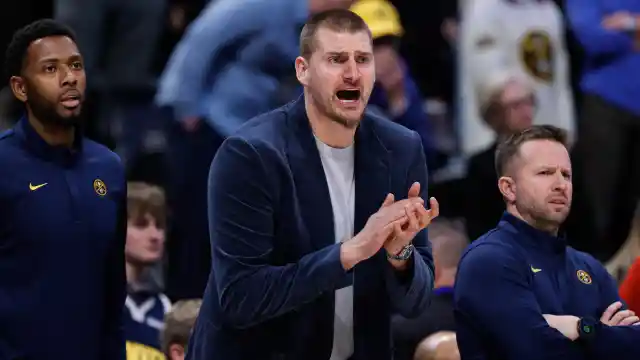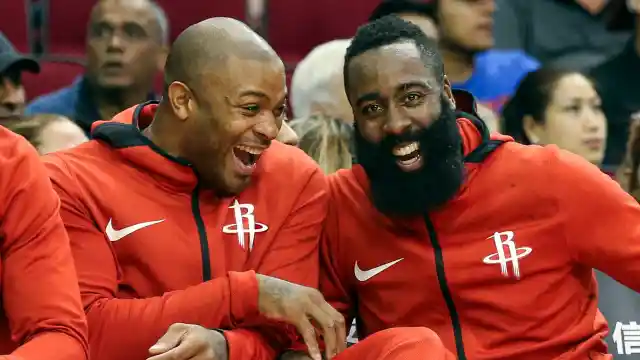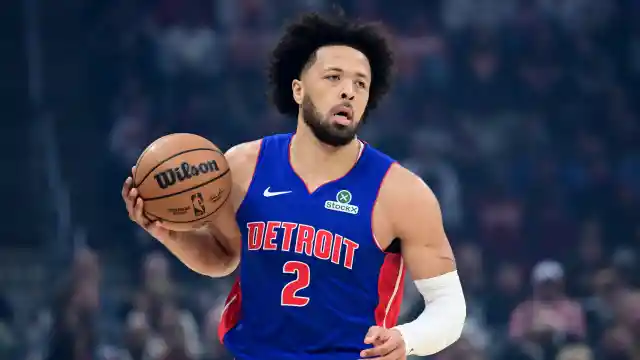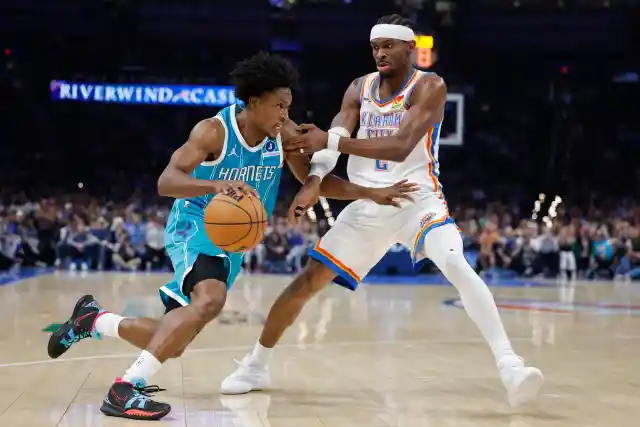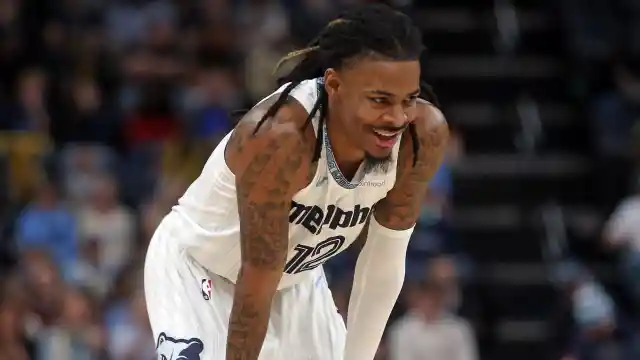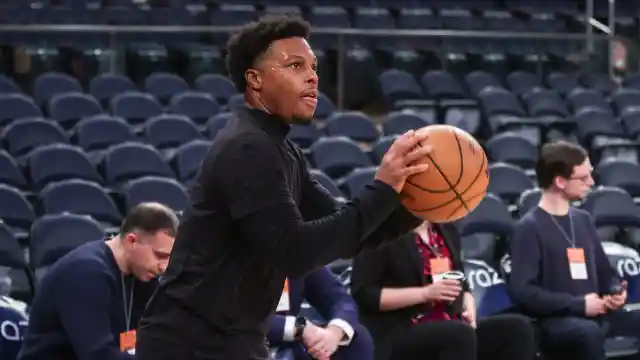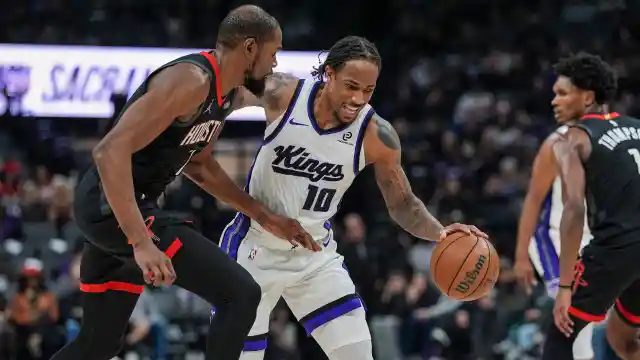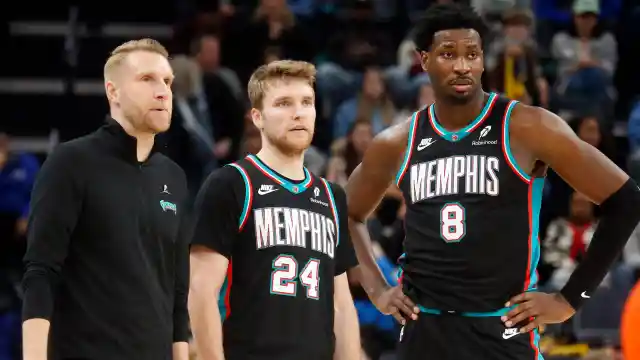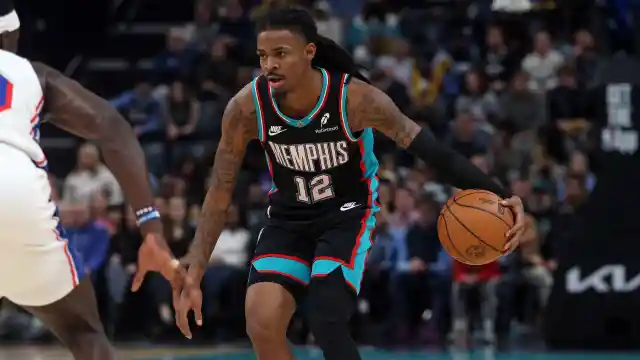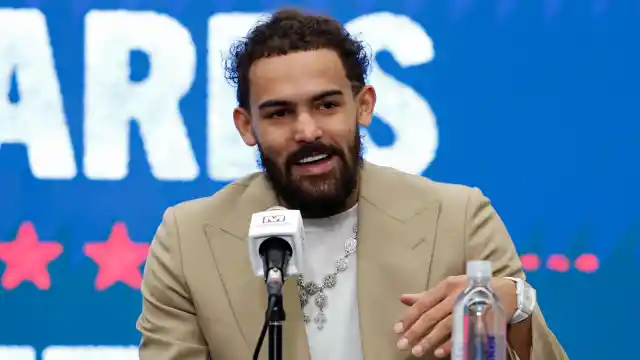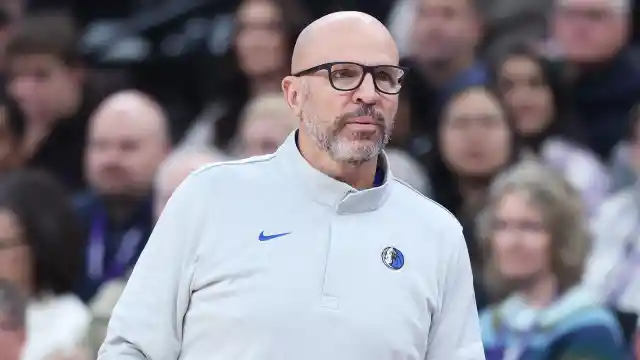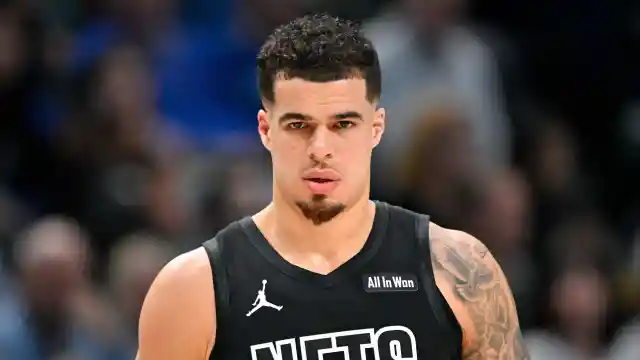Five Best Teams Who Failed To Win The NBA Title Since The 1990s
Oct 22, 2025
There have been numerous great teams to win an NBA Championship (and even some surprise teams), but not all great teams plant their flag at the top of the mountain. Hoisting the Larry O’Brien Trophy requires the perfect mix of talent, health, and luck. Within the NBA history books, there are spectacular teams that dominated the regular season, revolutionized the game, or were made up of superstar players destined for glory, only to fall short of the ultimate goal. Of those teams that were predicted to add a banner to their rafters, these five squads are proof that talent, chemistry, and dominance don’t always amount to championship success.
Golden State Warriors (2015–16)
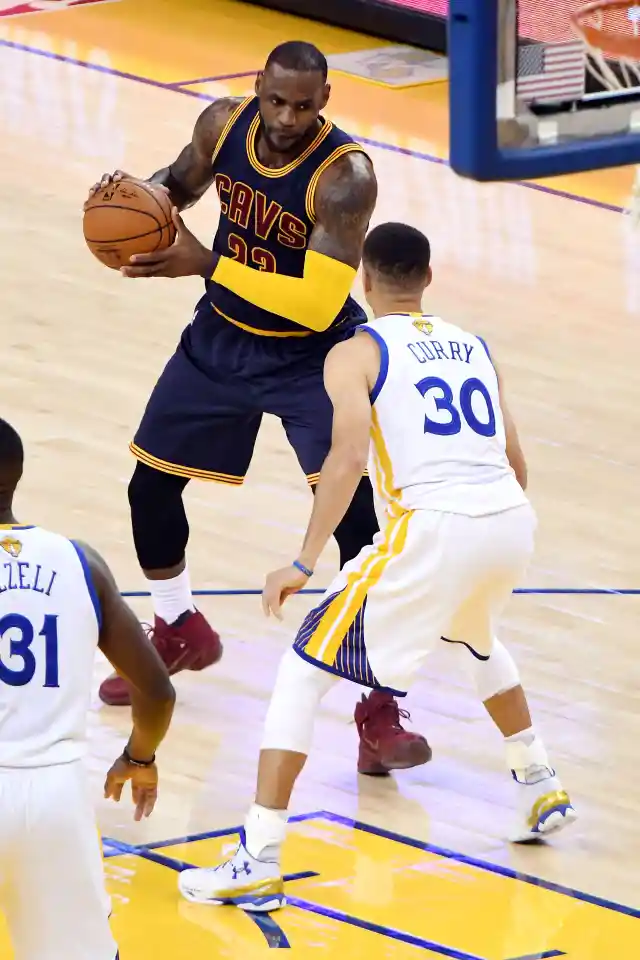
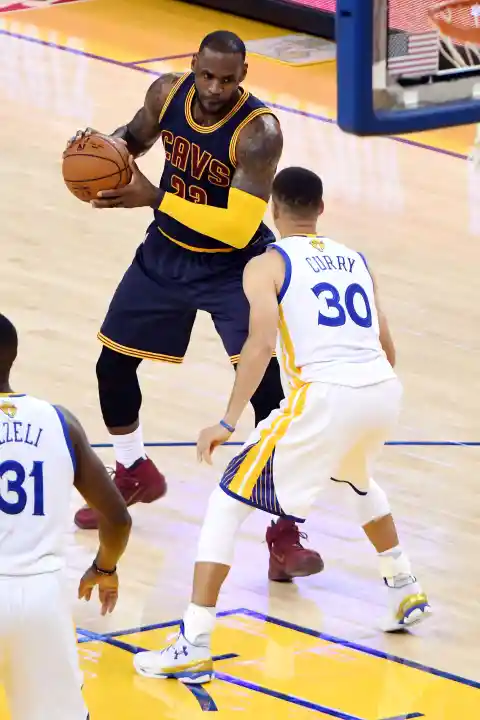
The Warriors' historic 73–9 regular-season record took the bar that the 1995–96 Chicago Bulls set and moved it up a notch. Unfortunately for fans in the Bay Area, it could not translate into a championship. Looking to win back-to-back titles, the team changed the way basketball was played thanks to their three-point barrage. With Steph Curry winning his second straight MVP and Klay Thompson dropping 37 points in a quarter, all the stars were aligned in Oakland. Holding a 3–1 series lead in the NBA Finals against Cleveland, the Warriors found themselves on the wrong side of history against LeBron James and the Cavs. Not only were they the best regular-season team to not win a title, but they became the first team to blow a 3–1 lead in the championship series.
Phoenix Suns (2006–07)
When it comes to pace and space, Mike D'Antoni's "Seven Seconds or Less" offense made the Suns one of the most entertaining basketball teams in history. With Steve Nash running the show, finding Amar'e Stoudemire on lobs, Shawn Marion on the wing, and Leandro Barbosa and Raja Bell on the three-point line, the Suns averaged 110 points per game.
Unfortunately, a cheap shot by Robert Horry on Nash led to the suspension of Stoudemire and Boris Diaw, and the San Antonio Spurs walked away from the Western Conference Semifinals with a controversial 4–2 series victory.
Sacramento Kings (2001–02)
The unselfish way that coach Rick Adelman had Chris Webber, Mike Bibby, Peja Stojakovic, Vlade Divac, and Doug Christie moving the basketball led to an impressive 61-21 record as one of the league's most cohesive starting units. Bringing in Bobby Jackson and Hedo Turkoglu off the bench did not change anything, as the team claimed the top seed in the Western Conference. After walking through the first two rounds, the Kings squared off against the LA Lakers in a Western Conference Finals that featured questionable officiating in the eyes of many. Had the Kings not fallen 4-3 to the eventual champions, they likely would have defeated the New Jersey Nets for their first NBA title.
Seattle SuperSonics (1993–94)
Two seasons later, Gary Payton and Shawn Kemp would lead the Sonics to the NBA Finals in a star-studded battle against the Chicago Bulls. However, this version of the roster, which finished with a 63–19 record, had higher expectations as the top seed in the Western Conference. Battling the eighth-seeded Denver Nuggets, a true playoff underdog with not a single player averaging over 18 points per game (Mahmoud Abdul-Rauf), the Sonics were heavy favorites to advance past the first round. After winning the first two games at home, the Sonics lost the next three, including the decisive Game Five in Seattle—one of the biggest playoff upsets in NBA history.
Oklahoma City Thunder (2009–12)
For three years, the Thunder fielded a trio of the most talented players in NBA history: Kevin Durant, Russell Westbrook, and James Harden. In their first season together, the young 20-year-olds lost in the first round of the playoffs. The next season was a trip to the Western Conference Finals, and in their final season together, the three future MVPs reached the NBA Finals only to lose to the Miami Heat. Losing just three games on their way to meeting the Miami Heat for the NBA title, the Thunder's future looked bright. Unfortunately, ownership and finances would break up this potential, organically built "Super Team" before they hit their prime.
Recommended for You
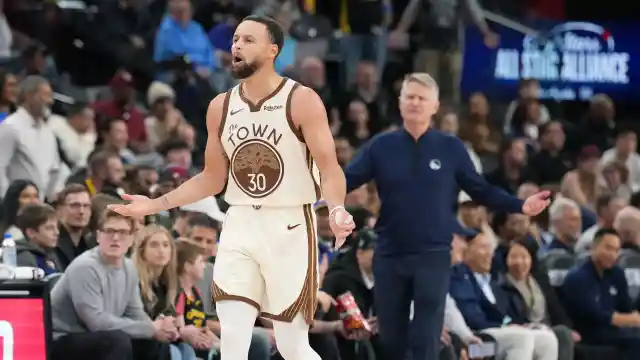
Jan 13, 2026
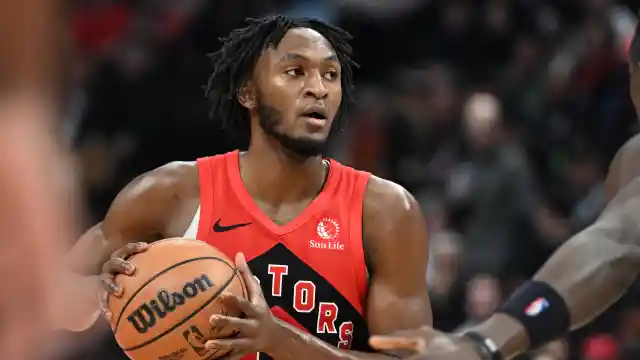
Jan 13, 2026
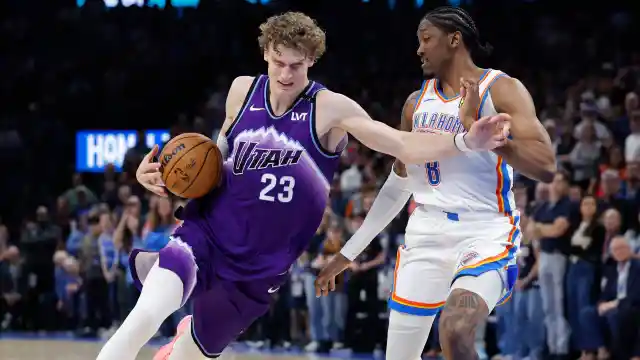
Jan 13, 2026



